How Rishi Sunak went from ‘the next Prime Minister’ to fighting for his job
Chancellor under fire over family’s tax arrangements and cost of living crisis just months after being tipped as potential front runner for the top job
Your support helps us to tell the story
From reproductive rights to climate change to Big Tech, The Independent is on the ground when the story is developing. Whether it's investigating the financials of Elon Musk's pro-Trump PAC or producing our latest documentary, 'The A Word', which shines a light on the American women fighting for reproductive rights, we know how important it is to parse out the facts from the messaging.
At such a critical moment in US history, we need reporters on the ground. Your donation allows us to keep sending journalists to speak to both sides of the story.
The Independent is trusted by Americans across the entire political spectrum. And unlike many other quality news outlets, we choose not to lock Americans out of our reporting and analysis with paywalls. We believe quality journalism should be available to everyone, paid for by those who can afford it.
Your support makes all the difference.Just a few months ago chancellor Rishi Sunak was considered the likeliest successor to Boris Johnson as prime minister.
Fresh faced, he was well-liked and largely untainted by the “Partygate” scandal that threatened to finally sink his boss, an escape artist who has made a career out of getting away with it, one plummy turn of phrase at a time.
Wave after wave of damaging allegations about rule-breaking wine fridge booze-ups at Downing Street during the pandemic had continuously rocked the Johnson premiership throughout December and January, with only the surge in Omicron cases over Christmas providing a brief respite.
The scandal whipped up real anger among the British public, already incensed by Dominic Cummings’ illicit road trip to Barnard Castle, who had been imprisoned in their own homes after Covid-19 struck in March 2020, frightened for the future, unable to go to work, to see friends and relatives or even say goodbye to those they lost to the virus.
Resentment festered over the PM’s apparent blithe indifference for the very people he presumed to represent after they had handed him a landslide election victory in December 2019 and whose faith he had seemingly repaid with a “one rule for them, another for us” approach to governance.
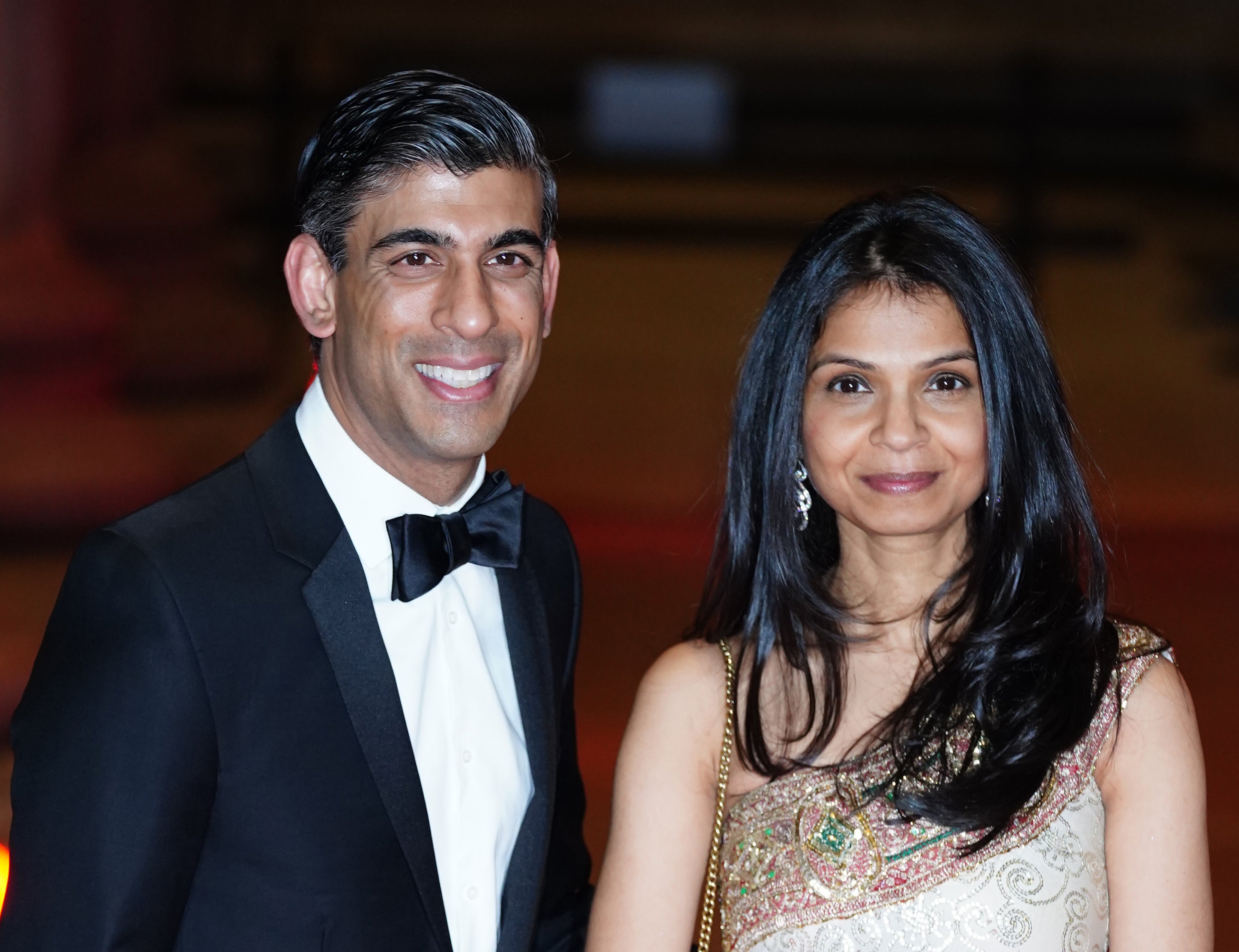
Mr Johnson struck an increasingly desperate and discredited figure in January as Whitehall mandarin Sue Gray gathered what looked like damning evidence against him.
She turned much of it over to London’s Metropolitan Police, compelling officers to launch an investigation of their own, as seething backbenchers handed in their letters of no confidence to Sir Graham Brady’s 1922 Committee in droves.
Meanwhile, over in 11 Downing Street, Mr Sunak shrewdly kept his distance, conceding that he had attended a Cabinet Room birthday bash for Mr Johnson.
He apologised by saying: “I can appreciate people’s frustration. And I think it’s now the job of all of us in government and all politicians to restore people’s trust.”
But before Partygate could reach the crescendo that once looked inevitable, Russian president Vladimir Putin launched his full-scale invasion of Ukraine on 24 February, the very same day that Mr Johnson ended the last of the social restrictions imposed in England to contain the coronavirus.
The pandemic was largely swept from the news agenda as the world watched events unfolding in Eastern Europe with horror, quickly rallying behind the courageous resistance put up by the Ukrainian people.
An unlikely new hero emerged in the shape of their president, Volodymyr Zelensky, a former sitcom actor last heard from fending off a $400m extortion attempt by Donald Trump.
In the six weeks since Russia began shelling its western neighbour, devastating its cities, forcing more than four million people to flee their homes as refugees and attracting allegations of war crimes, Mr Johnson has begun to rehabilitate his public image.
Leading the international condemnation of Moscow, feeding defensive weapons and aid to Ukraine and even visiting Kyiv to tour the city centre this weekend in a show of solidarity withMr Zelensky has won him praise.
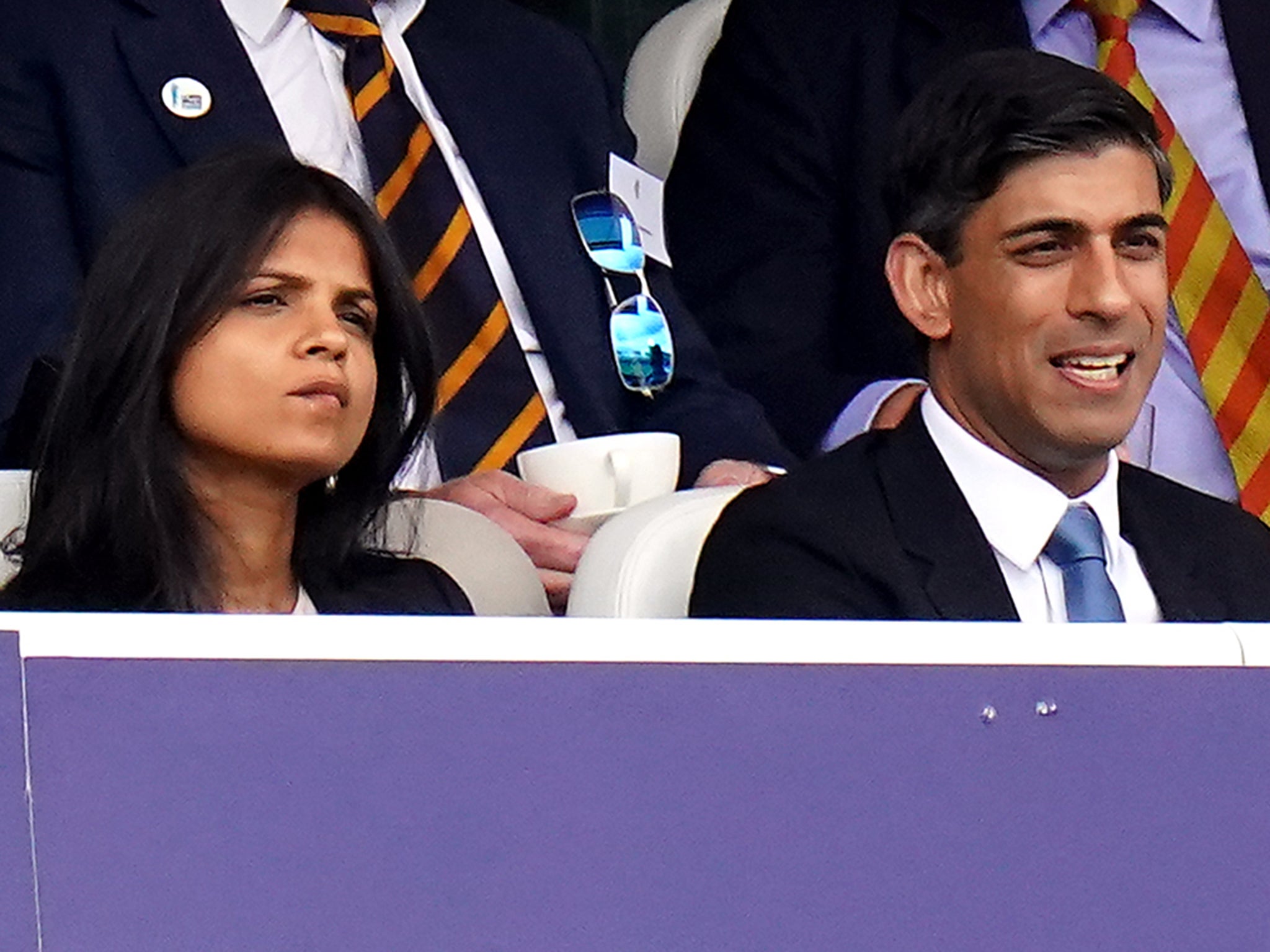
Mr Sunak, meanwhile, has languished at home and endured a torrid time of it, the MP for Richmond in the Yorkshire Dales left to deliver the bad news about a worsening cost of living crisis, which has seen inflation climb to a 30-year high and household energy bills rocket by 54 per cent.
No longer the free-spending chancellor who had led the emergency economic response to the pandemic two years ago and enjoyed being the face of the £69bn furlough scheme, Mr Sunak has been under the cosh since 23 March.
His widely unpopular Spring Statement saw him fail to add to the £350-a-year aid package he had already announced to help families tackle the booming cost of heating their homes and fail to ditch an imminent rise in National Insurance.
Despite a crowd-pleasing cut in fuel duty, a YouGov poll concluded that 69 per cent of Britons believed the chancellor had not done enough to help working people out of financial hardship.

The ensuing days saw Mr Sunak face media scrutiny the likes of which he had never previously known, resulting in a succession of gaffes that exposed his apparent inexperience and naivety.
He tried in vain to defend the proposition that he – one of the richest men in Westminster, married to billionaire’s daughter Akshata Murty – was telling low-income families they would simply have to tighten their belts and go without.
A phone-in on LBC landed him in an uncomfortable encounter with a single mother who said she was unable to keep her radiators on and worried for her children.
A question about the price of bread in an interview with the BBC drew the response “We have all different breads in my house” and a publicity stunt at a Sainsbury’s petrol station saw him forced to borrow a staff member’s Kia Rio and struggle to pay at the till with his contactless card, as though he had never before had to buy a can of Coke and a Twirl in his life.
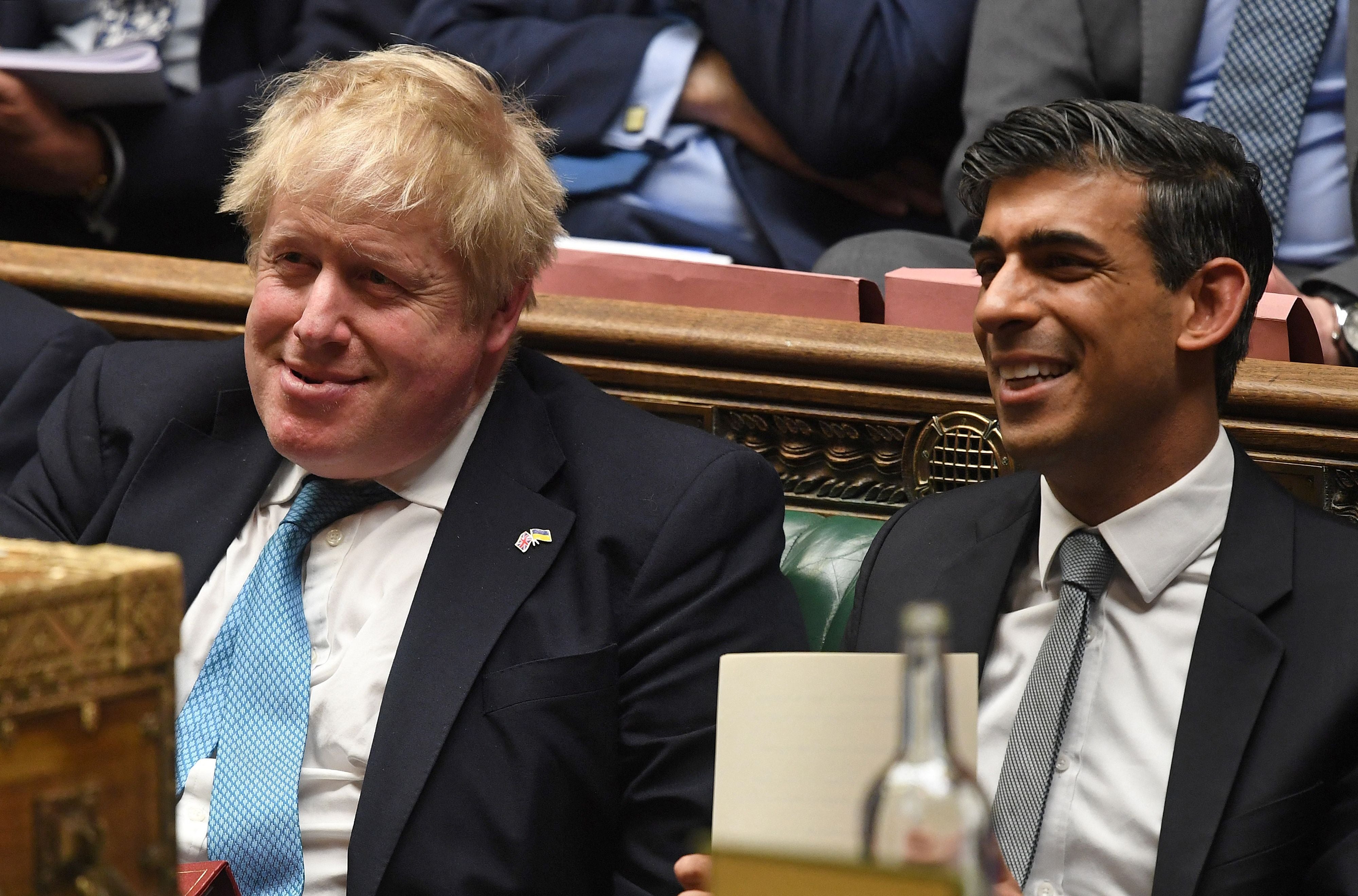
Fashion columnists had already noticed the £795 Reiss shearling jacket Mr Sunak wore on an ice skating trip to the Natural History Museum with his daughter in the New Year and were now raising eyebrows over his £335 trainers as the perception grew that the chancellor was in no position to understand the very real concerns of the electorate.
Last week’s revelation that he and Ms Murty had made a £100,000 donation to Winchester College, the prestigious private school where he was once head boy, hardly helped matters
Nor did The Independent’s subsequent story that Ms Murty, believed to hold a £690m stake in Indian IT services giant Infosys, had saved millions of pounds in tax on her earnings thanks to her non-dom status, an entirely legal strategy but not a good look in the current climate.
Already facing awkward questions about Infosys’s business ties to Russia, Ms Murty announced on 8 April that she would now pay tax after all but it was too late to stem the criticsm of her partner.
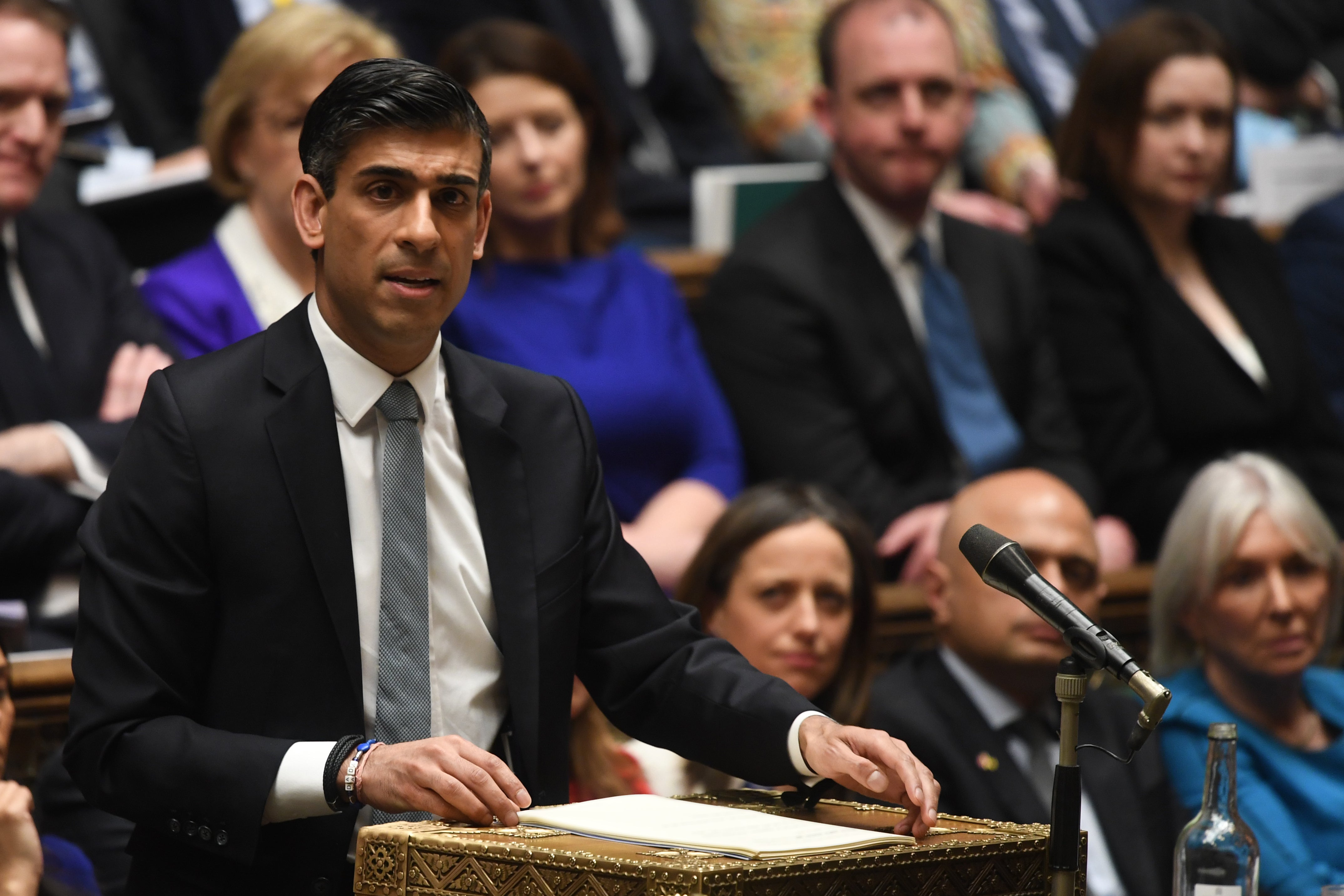
A further story about Mr Sunak still holding a US green card – the family have a second home in sunny California – while working for the British government, provoked further demands from Labour leader Sir Keir Starmer that he “come clean” about his personal affairs.
The strain beginning to show, the chancellor complained in an interview with The Sun that he believed the opposition was responsible for the leaks against his wife (the party has suggested he “look a little closer to home”) and moved his family out of Downing Street over the weekend.
He has since written to Mr Johnson referring himself to Lord Christopher Geidt, the independent adviser on ministers’ interests, asking for an investigation to be carried out into his private finances in order to establish that he is guilty of no wrongdoing, a development that coincides, incidentally, with a report warning that the country’s food banks are “close to breaking point”.
While the PM’s stock has risen as a result of the Ukraine crisis and other prominent Cabinet members like Liz Truss and Ben Wallace have won new admirers within the Tory hierarchy over their hardline stance to Russian aggression, the chancellor’s popularity has tumbled by 24 percentage points since he delivered his ill-fated “mini-budget” to the Commons.
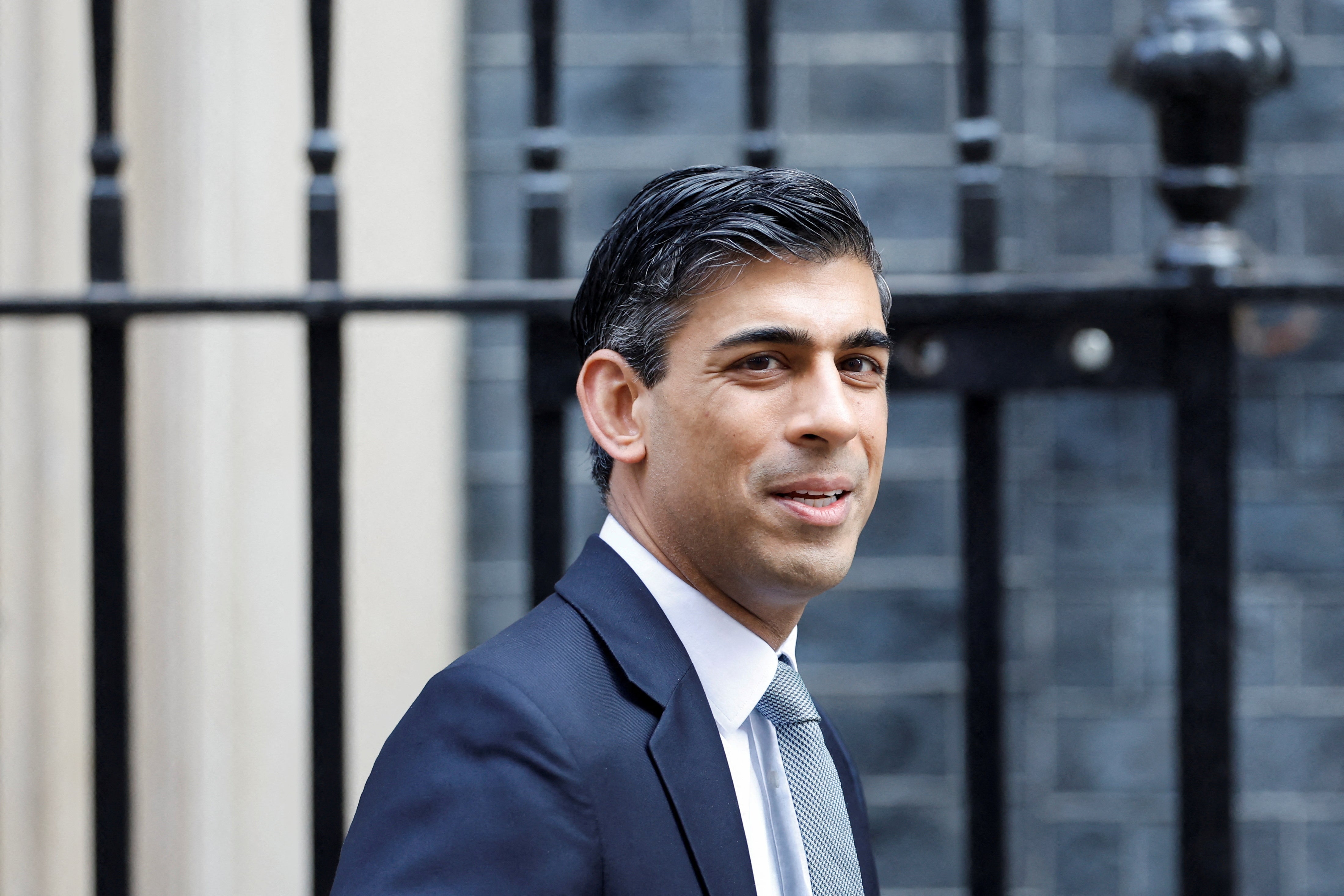
His image as an out-of-touch millionaire now looks set in stone with the public and is compounded by an impression among some of his fellow Conservatives that he is disloyal.
During Mr Johnson’s darkest day of the Partygate furore – a particularly savage Prime Minister’s Questions on 12 January – Mr Sunak found himself miles away in Devon and only that evening tweeted a rather half-hearted message of support for the PM, saying only that he had been “right to apologise” and calling for “patience”.
By 23 January, Mr Sunak was being accused of sounding out potential backers for a leadership challenge among Leicestershire’s “Pork Pie Plotters”.
By 29 January, there were claims he was describing Partygate as “unsurvivable” for Mr Johnson while his aides, including “boy genius” adviser Cass Horowitz, had reportedly “built a draft version of a campaign website, taking inspiration from his weekly No 11 newsletter, and developed a marketing strategy” in anticipation of an imminent leadership bid.
By 3 February, he was refusing to rule out running for the top job in an interview with Laura Kuenssberg and distancing himself from the PM’s unjust smear against Sir Keir over the failure of the Crown Prosecution Service to go after notorious paedophile Jimmy Savile during his tenure as director.
The man once dubbed “Dishy Rishi”, known for posing behind his laptop in a hoodie to prove that he was hard at work or ferrying plates around a branch of Wagamama to promote his Eat Out to Help Out initiative, now finds himself in a fight for survival in a dizzying two-month turnaround of fortunes.
The old adage “what goes up must come down” is nowhere more true than in British politics, it seems, but Mr Sunak’s crash back down to earth has been more spectacularly abrupt than most.




Join our commenting forum
Join thought-provoking conversations, follow other Independent readers and see their replies
Comments